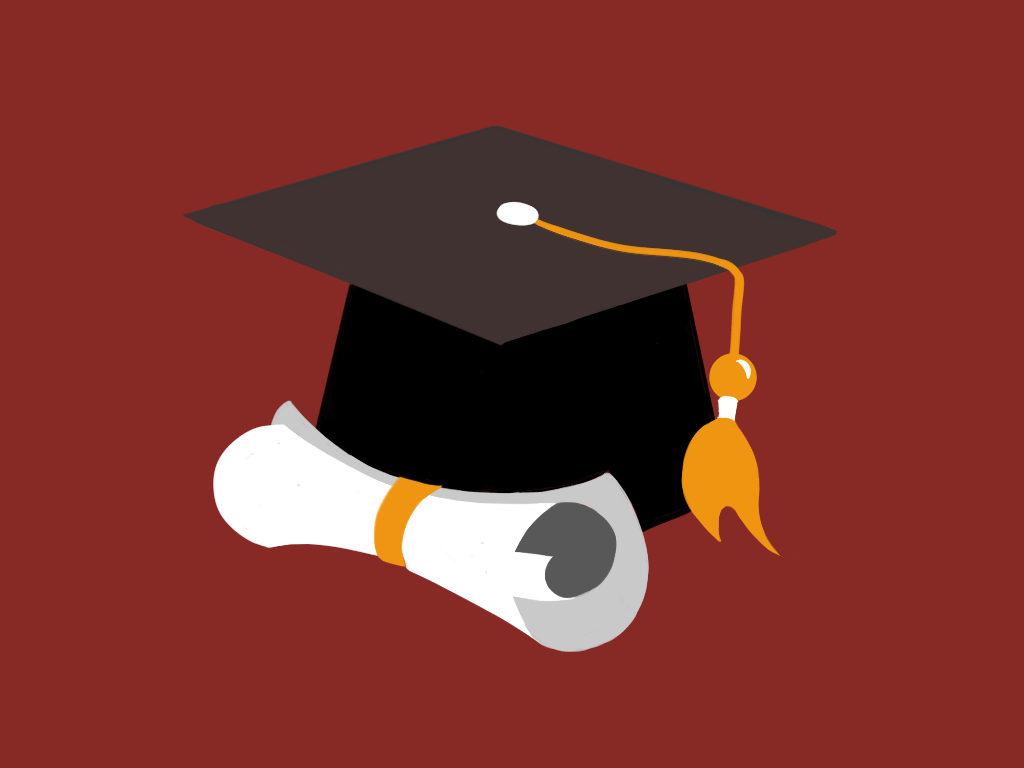Beginning next fall, the first-year Civic, Liberal, and Global Education requirement (COLLEGE) will replace the existing Thinking Matters requirement.
The program was designed to help students discover “what makes living worthwhile” while “developing the skills that empower and enable us to live together.” COLLEGE courses will explore topics such as “What is the purpose of a college education for you?” and “What is your role as a citizen in the different communities you belong to?”
Like its predecessor, the requirement can be fulfilled by taking a COLLEGE designated course, or by completing a number of existing Stanford programs, including Education as Self Fashioning (ESF), Immersion in the Arts, Living in Culture (ITALIC) or Structured Liberal Education (SLE).
French professor and Stanford Introductory Studies faculty director Dan Edelstein is one of the leading COLLEGE faculty implementing the new program. Edelstein wrote in an email to The Daily that the program differs from THINK because “the overriding goal of the COLLEGE program is to provide a shared intellectual experience for all first-year students.”
Edelstein explained that many of the COLLEGE courses will be taught as discussion seminars in order to help students develop communication skills. THINK courses were primarily lecture-based, although they also included smaller sections. Edelstein believes that the University does not “currently do enough to help students from very different backgrounds find common ground, or simply respect and appreciate their differences” and that developing community building skills is important in serving Stanford’s diverse student body.
Discussion seminars will thus “be a great way to practice that kind of mutual understanding,” he wrote.
COLLEGE courses are divided into three themes based on the quarter in which they are taught. Fall courses will focus on liberal education and ask students what they want to gain from their college experience. Winter courses will focus on what it means to be a citizen of a community. Lastly, the spring quarter courses focus on a variety of global perspectives.
By having a specific theme for each quarter, Edelstein hopes that the University will be able to pair extracurricular offerings with the term’s COLLEGE theme. For example, Edelstein wrote that during the spring global perspectives quarter, “dorms could host international night or attend a global film series together.”
The program has been in development since 2019 and was created with feedback from a student advisory board made up of current and past frosh. Associate director of Stanford Introductory Studies Dayo Mitchell works alongside the board and believes that it has been invaluable in giving concrete suggestions for program improvement. She said that when students “pushed us to go into a different direction, we changed our plan.”
Despite the efforts to implement COLLEGE in a student-friendly manner, some undergraduates remain confused. Incoming frosh Sejoon Chang ’25 is excited about the program but perplexed by its overall purpose.
“Although I understand the course offerings allow for greater opportunities in interdisciplinary studies, I believe that COLLEGE should address how these learning goals would be applicable in the future,” Chang wrote. “Incoming freshmen could all make an easier decision on selecting which courses would help them in their future academic career.”
This past fall quarter, Stanford offered THINK 70: Why College? Your Education and the Good Life as a test-run of the COLLEGE curriculum. It focused on the relevance of a liberal arts education in all areas of study, and its course description invites students to discover: “What kind of person do you want to be? What kind of life will you live?”
Gautham Raghupathi ’24 took THINK 70 this past fall and wrote that the course helped him shift his thinking on academics “from a career-focused perspective to a more balanced personal growth perspective.” Raghupathi also said that while the class content is philosophical, “it is also practical, especially for freshmen thinking about what they want to major in.”
In Raghupathi’s opinion, the course “is ready to be a full program.”
This article has been updated to reflect the correct pronouns for Mitchell and Raghupathi.
